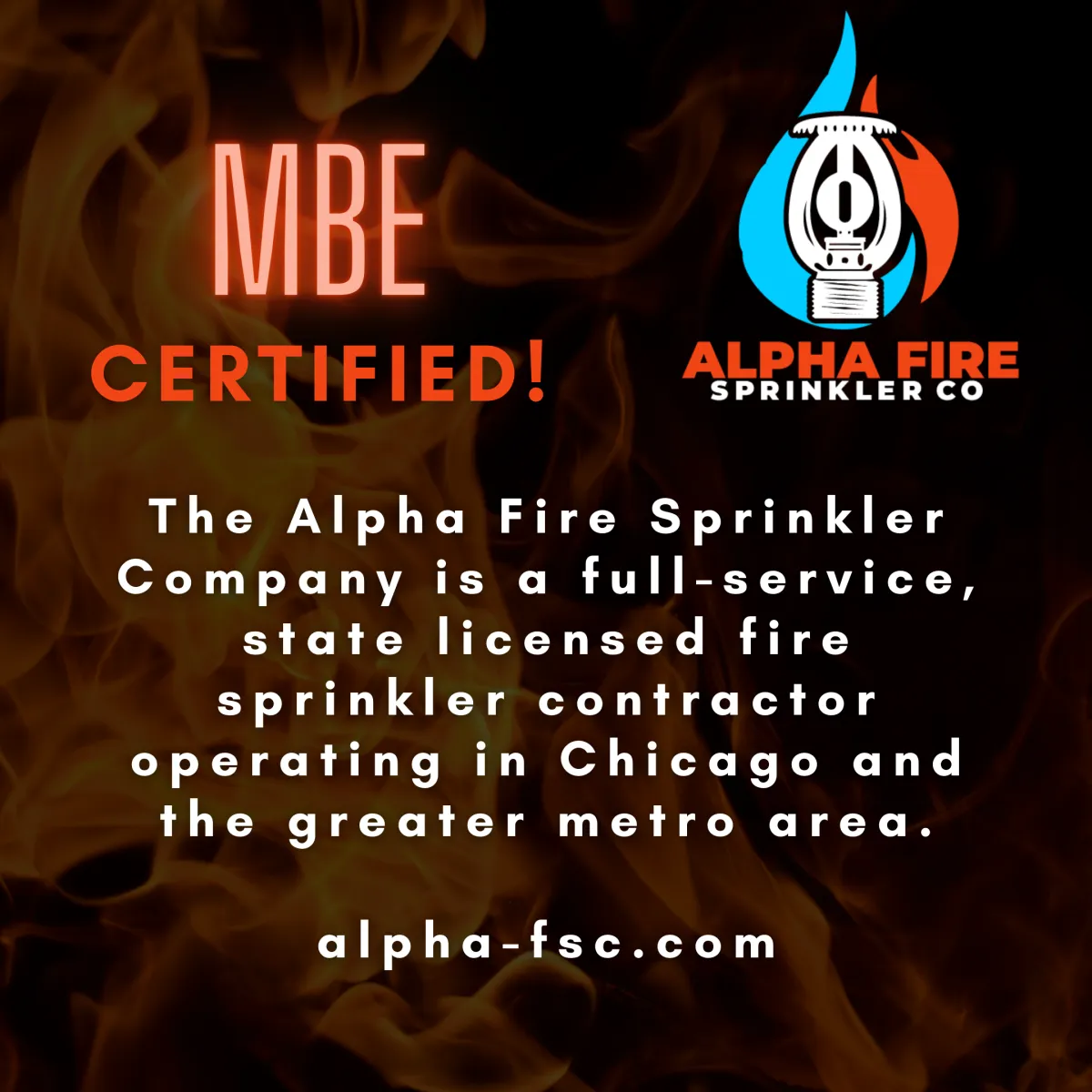MBE/WBE/DBE Certification Bootcamp
eLearning Series
Only 15 seats available!
August 6th // 7pm CST

101: COMPLETE MBE/WBE/DBE CERTIFICATION APPLICATION
Unlock new opportunities for your business with our 4-week course. Join us as we guide you through the MBE/WBE/DBE certification application process and pave the way for success in government contracting. Don't miss out, limited spots available!
Purchase Course Now!
REGISTRATION CLOSES IN
Watch this short video to hear from the lead facilitator Kristina Wynne who will go through some FAQs about the Certification Bootcamp.

lead facilitator
Kristina M Wynne, CEO of The Wynners Club and Licensed Business Broker
Kristina has been working in the space of business development for nearly 10 years. She has worked for some well known companies like Goldman Sachs and the Small Business Development Centers (SBDC). Since 2019, Kristina has helped over 50 businesses across the country get certified as a MBE, WBE, or DBE business.
facilitator
Kevin Mix, CPA, MBA, PMP
CFO/COO of The Wynners Club
Kevin Mix is a former Accounting and Business Executive who specializes in strategies for accounting, finance, people, and business development processes and has used that specialization to take fortune 500 companies to the next level in growth and profitability. He is a Certified Public Accountant (CPA) and Certified Project Management Professional (PMP).

What People are Saying...
"The Certification process is so difficult, I tried it by myself and was unsuccessful. Kristina and The Wynners Club helped get certified as a DBE and MBE/WBE business."
Noemi Luna
Don't miss this premium training

Participant Eligibility
Company Eligibility
Participant eligibility for MBE (Minority Business Enterprise), WBE (Women Business Enterprise), or DBE (Disadvantaged Business Enterprise) certification involves certain criteria and qualifications to ensure that these programs support businesses owned and operated by underrepresented individuals in the marketplace. These certifications are designed to promote diversity, equity, and inclusion in government contracting and procurement processes.
For MBE certification, a business typically needs to be at least 51% owned, controlled, and operated by individuals who belong to specific minority groups. These groups often include African Americans, Hispanic Americans, Asian Americans, Native Americans, and other minority populations. Ownership and control entail having the authority to make operational and financial decisions within the company. The business must also be independent, established, and operate for-profit. Verification of minority ownership, as well as documentation demonstrating the independence and viability of the business, is usually required.
WBE certification focuses on promoting women-owned businesses. To be eligible, a business must have at least 51% ownership and control by one or more women. Like the MBE certification, the business must be independent and for-profit, and the women owners must be actively involved in the company's day-to-day operations and decision-making processes. The certification process typically involves providing detailed financial and organizational information, along with evidence of the women owners' roles within the business.
DBE certification, on the other hand, is aimed at supporting businesses owned by individuals who have been socially and economically disadvantaged. This can include minority individuals, women, and individuals with disabilities. Eligibility for DBE certification varies by region, but generally requires the business owner to demonstrate personal disadvantage through factors such as income level, education, and historical discrimination. The business itself must meet certain size standards and be able to perform on federally funded transportation-related contracts.
In all cases, the certification process involves thorough documentation, including proof of ownership, financial records, business plans, resumes of key personnel, and sometimes even site visits or interviews. The certifying agencies strive to ensure the legitimacy of the businesses applying for certification to maintain the integrity of the program and ensure that the intended beneficiaries truly benefit from the opportunities provided. These certification programs play a crucial role in creating a more diverse and inclusive business environment and promoting economic growth for marginalized communities.
MBE Certification (Minority Business Enterprise):
- Business owner(s) must belong to a recognized minority group (e.g., African American, Hispanic, Asian, Native American, etc.).
- The minority owner(s) must possess substantial ownership and control (usually at least 51%) of the business.
- The business must be for-profit and operate independently.
- The minority owner(s) must be actively involved in the daily operations and management of the business.
- Proper documentation proving ownership, control, and eligibility must be provided.
WBE Certification (Women's Business Enterprise):
- The business owner(s) must be women.
- Women owner(s) should have majority ownership and operational control of the business (typically at least 51%).
- The business must be an independent, for-profit entity.
- Active participation of women owner(s) in the management and daily operations is required.
- Documentation demonstrating ownership, control, and eligibility needs to be submitted.
DBE Certification (Disadvantaged Business Enterprise):
- At least 51% ownership of the business must belong to socially and economically disadvantaged individuals.
- The disadvantaged owners must have control and management responsibilities within the business.
- The business must be a for-profit venture.
- It should be established that the disadvantaged owners face barriers due to their economic, social, or personal circumstances.
- Documentation proving ownership, control, and disadvantaged status must be provided.
- Eligibility is often determined through factors like personal net worth and annual gross receipts.
Note that eligibility criteria can vary slightly based on the certifying agency and location. It's essential for businesses seeking certification to carefully review the specific requirements outlined by the appropriate certifying body.
Success Stories
















